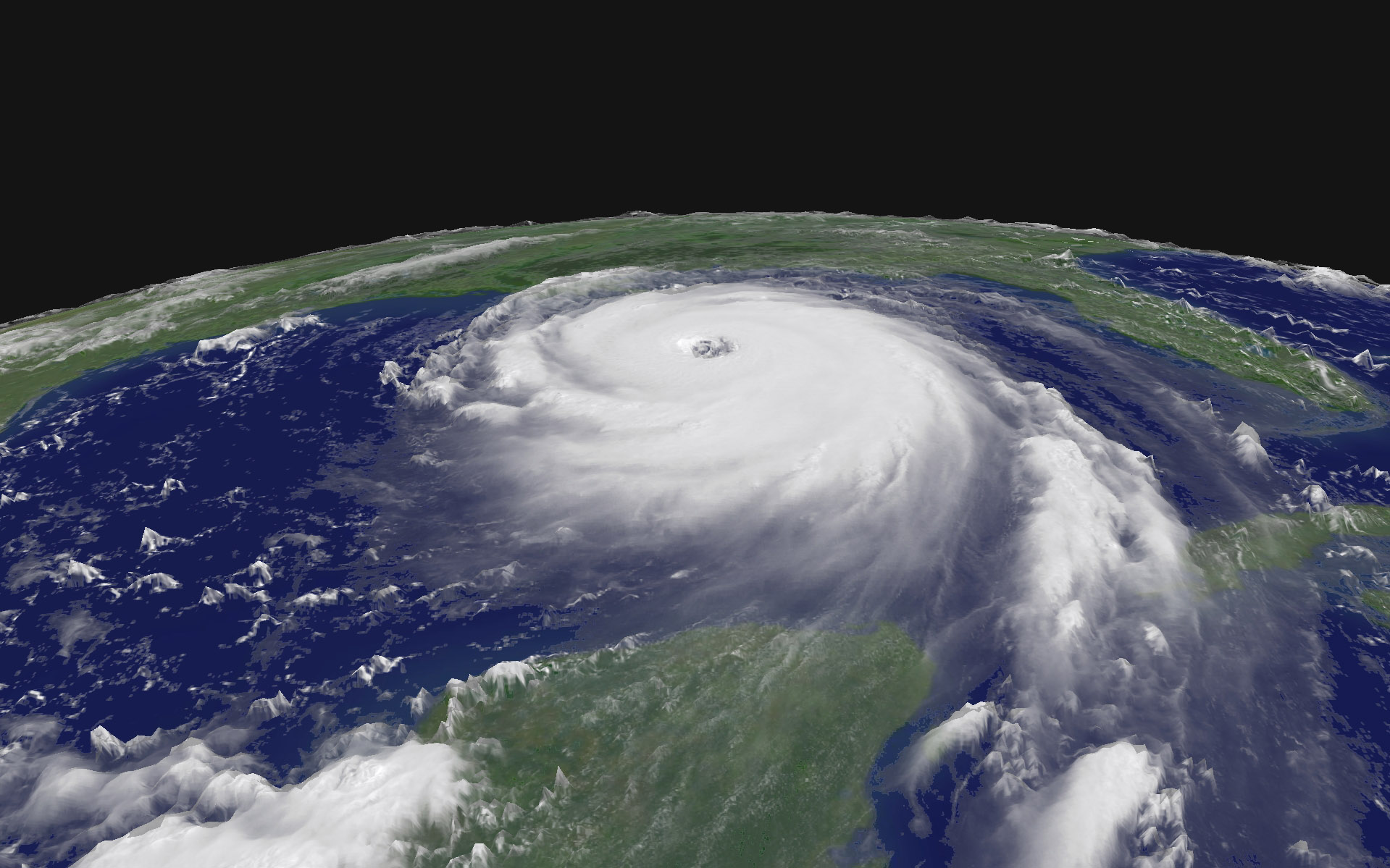Strange isn’t it, the quotes that cling to you. In August 2009, the New York Times rightly asked: “What’s a Big City Without a Newspaper?“—when many reputable reporting organizations contemplated erecting paywalls after too long bleeding advertising revenues to the Google Free Economy. Journalist Michael Sokolove interviewed Brian Tierney, who then led a group trying to salvage two major dailies following bankruptcy: “He wants to begin charging for online content. As he told me this, he banged a bagel on a conference table, which sounded like a rock as it hit. ‘You hear that?’ This bagel stinks, he said. ‘It’s got the same consistency inside and out, but if you went down to our cafeteria, it costs like $1.25. That’s what people pay for stuff like this, so you mean to tell me I can’t get them to pay that for online access to all the incredible stuff in The Inquirer and Daily News online? People who say that all this content wants to be free aren’t paying talented people to create it'”.
Perhaps because I am a working journalist, or maybe being someone who seeks news that he can trust, the sources most valuable to me aren’t free. I pay for them—and in putting together a list, much more than expected. But before continuing, qualification: I started to draft this post in September 2015, coming back many times with intention to complete—only to perennially procrastinate. Perhaps I subconsciously intuited that my main news sources would dramatically change, as they have following Donald Trump’s unexpected presidential election victory.




